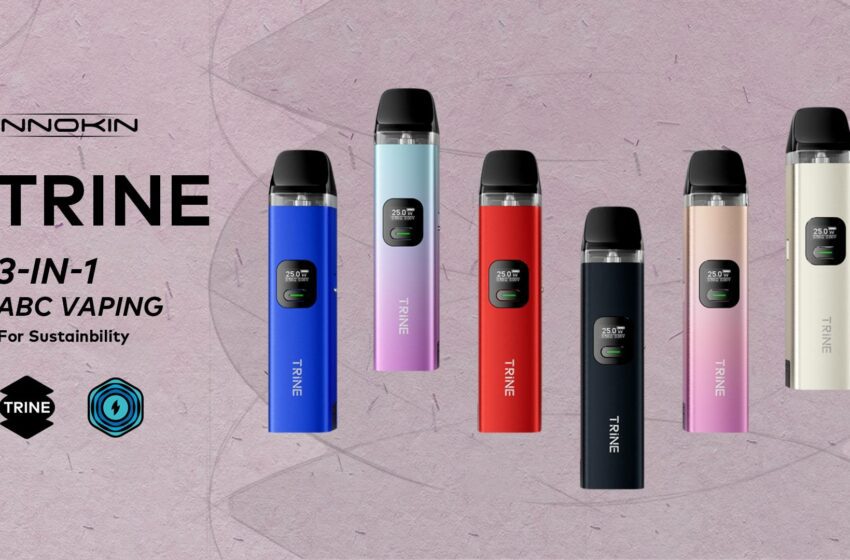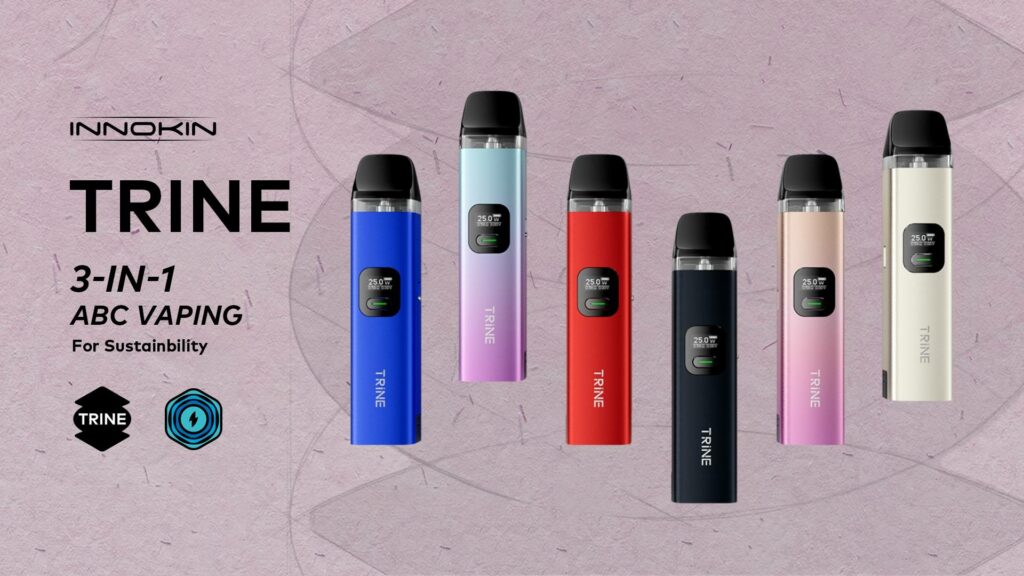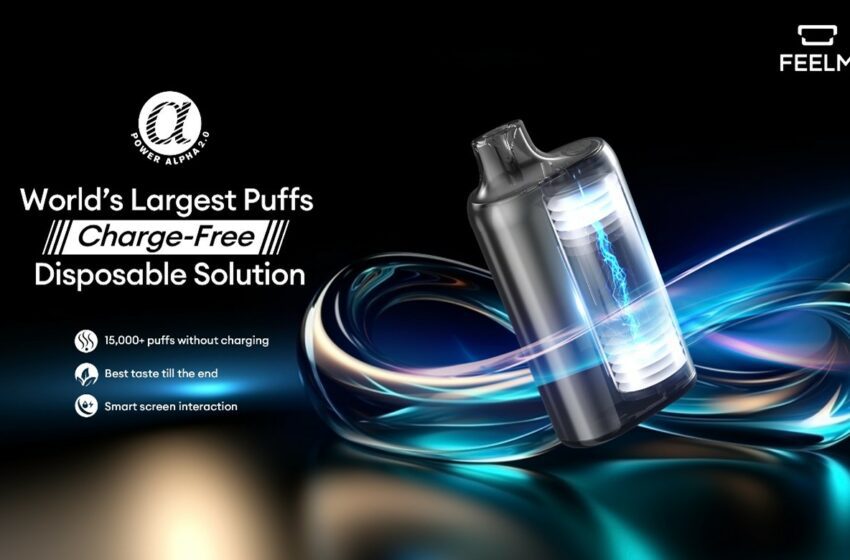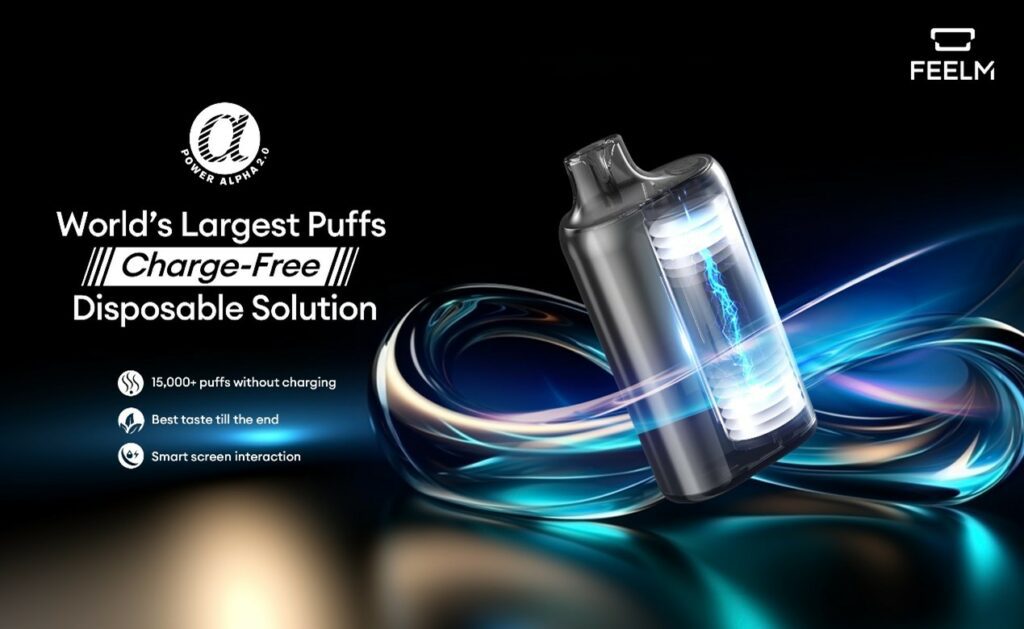
The attorney general for the U.S. state of North Carolina announced the launch of an online, searchable public depository that will contain nearly four million documents from the state’s lawsuit against e-cigarette manufacturer Juul Labs.
The depository was created and is being housed by the University of North Carolina at Chapel Hill’s University Libraries (UNC) and the University of California, San Francisco (UCSF). The first 50,000 documents are now available online in the UCSF Industry Documents Library, and additional documents will be added monthly, according to Attorney General Josh Stein.
“We insisted on a publicly accessible database of JUUL’s documents to ensure transparency,” said Stein. “We want people to understand what JUUL did so this never happens again. I’m grateful for the partnership with UNC and UCSF and appreciate their teams’ hard work to bring this document library to life.”
Attorney General Stein sued Juul Labs in 2019 for unlawfully designing, marketing, and selling its e-cigarettes to teenagers. In 2021, he reached a first-in-the-nation settlement with the pod vaping system manufacturer, winning $47.8 million and requiring the company to make significant business changes and publicize many of the documents it had produced during the lawsuit.
The documents include information about Juul Labs’ business practices, research, advertisement, marketing, and sales data, and “they shine a light” on how the company marketed its products to youth. Stein negotiated the release of the documents to help the public and regulators better understand JUUL’s “unlawful business practices” and prevent other companies from being able to follow the same path, the press release states.
“Libraries have deep expertise in managing complex information, along with a strong professional ethos of collaboration,” said María Estorino, vice provost for University Libraries and University Librarian at UNC-Chapel Hill. “This partnership between UNC-Chapel Hill and UCSF is a perfect example of libraries working together to bring vitally important information directly to the public.”
The Juul Labs documents will be cross-searchable with more than 18 million other documents in the UCSF library’s tobacco, opioid, chemical, drug, food, and fossil fuel industry archives.
Stein is also investigating Puff Bar and other e-cigarette manufacturers, distributors, and retailers due to ongoing concerns about flavors, age verification, and marketing.


















